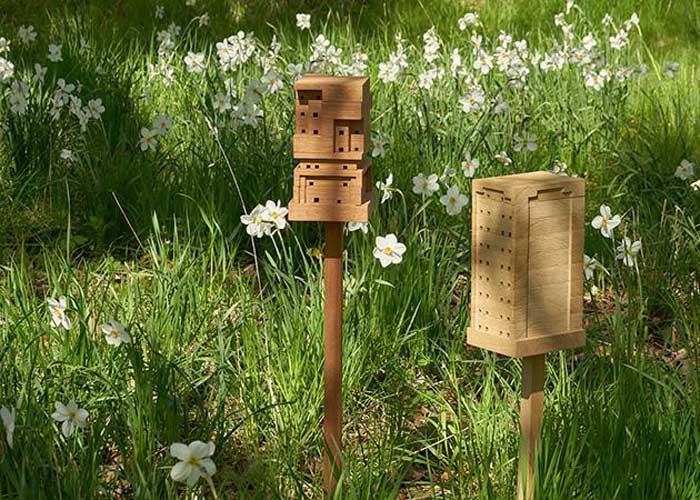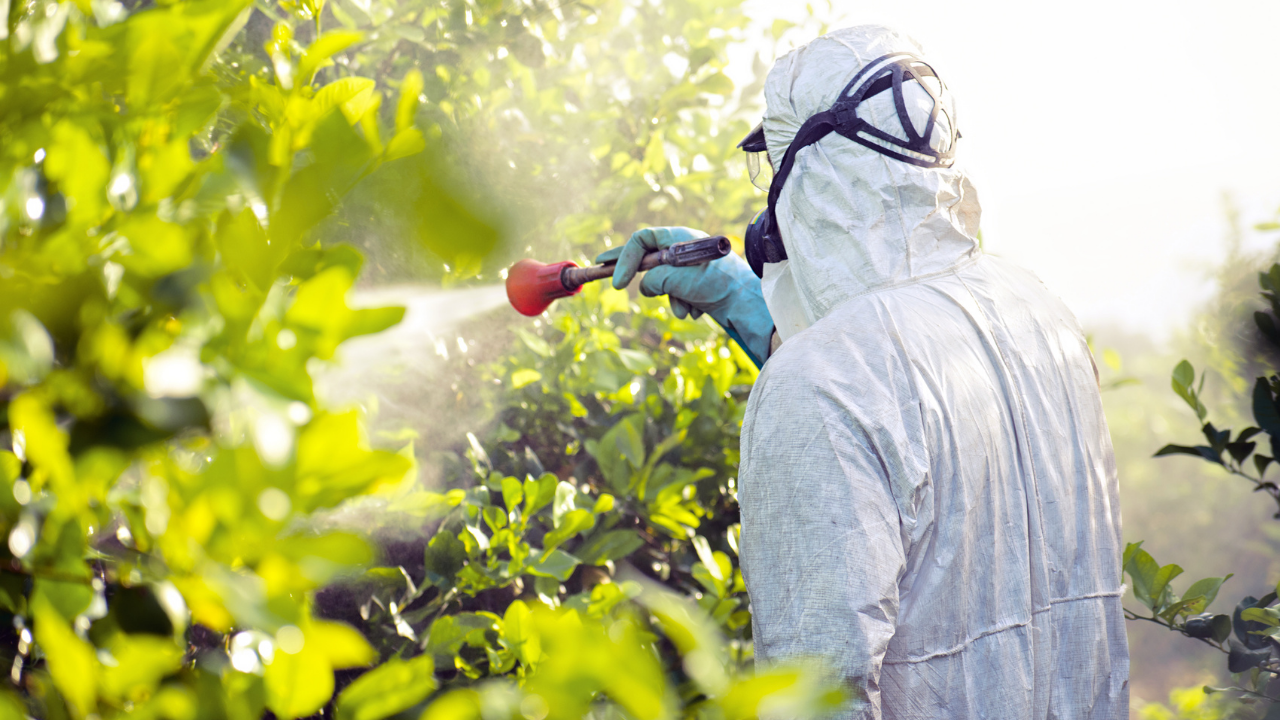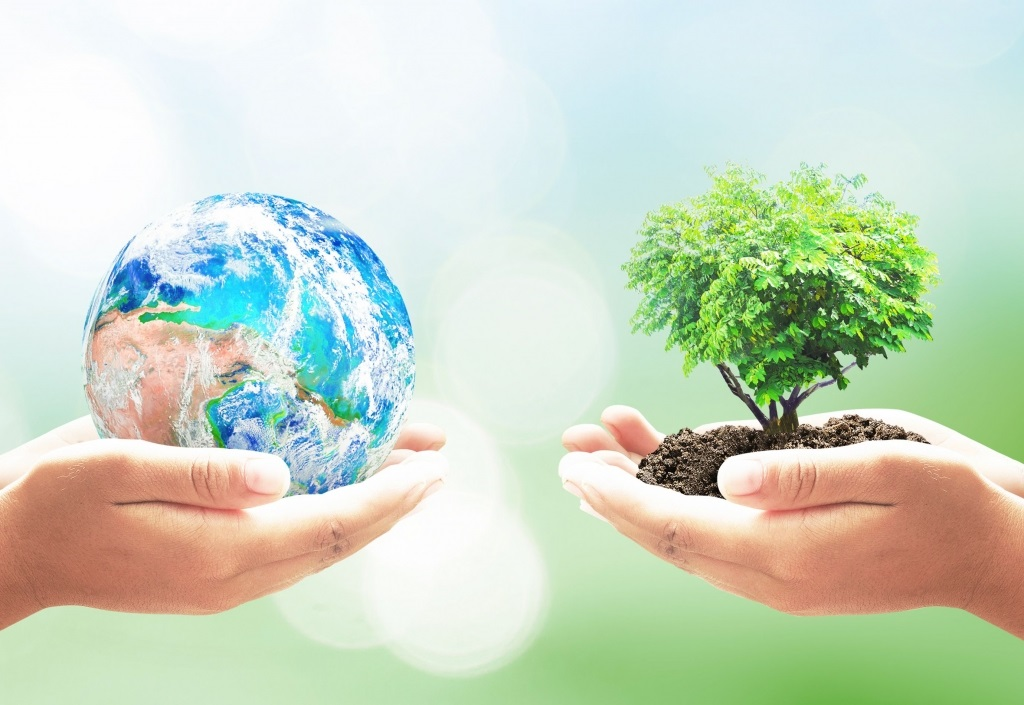
Pro Nature Tips
Let’s help nature
How can we help nature?...
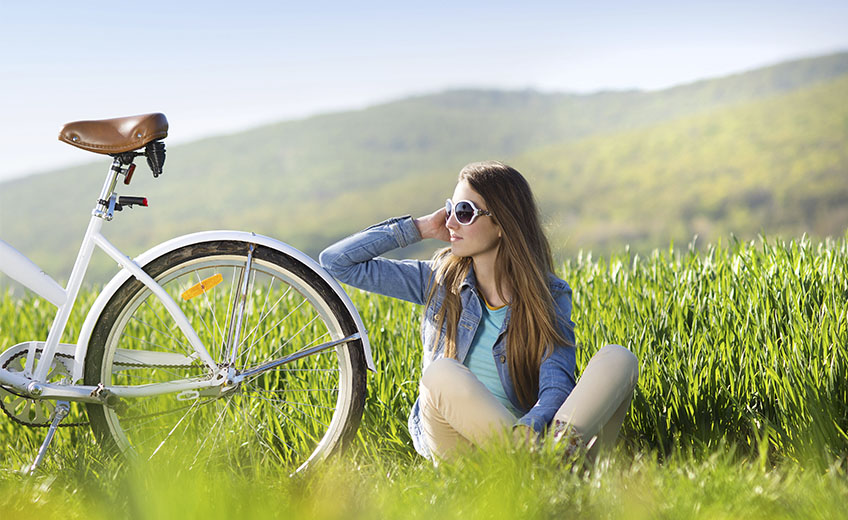
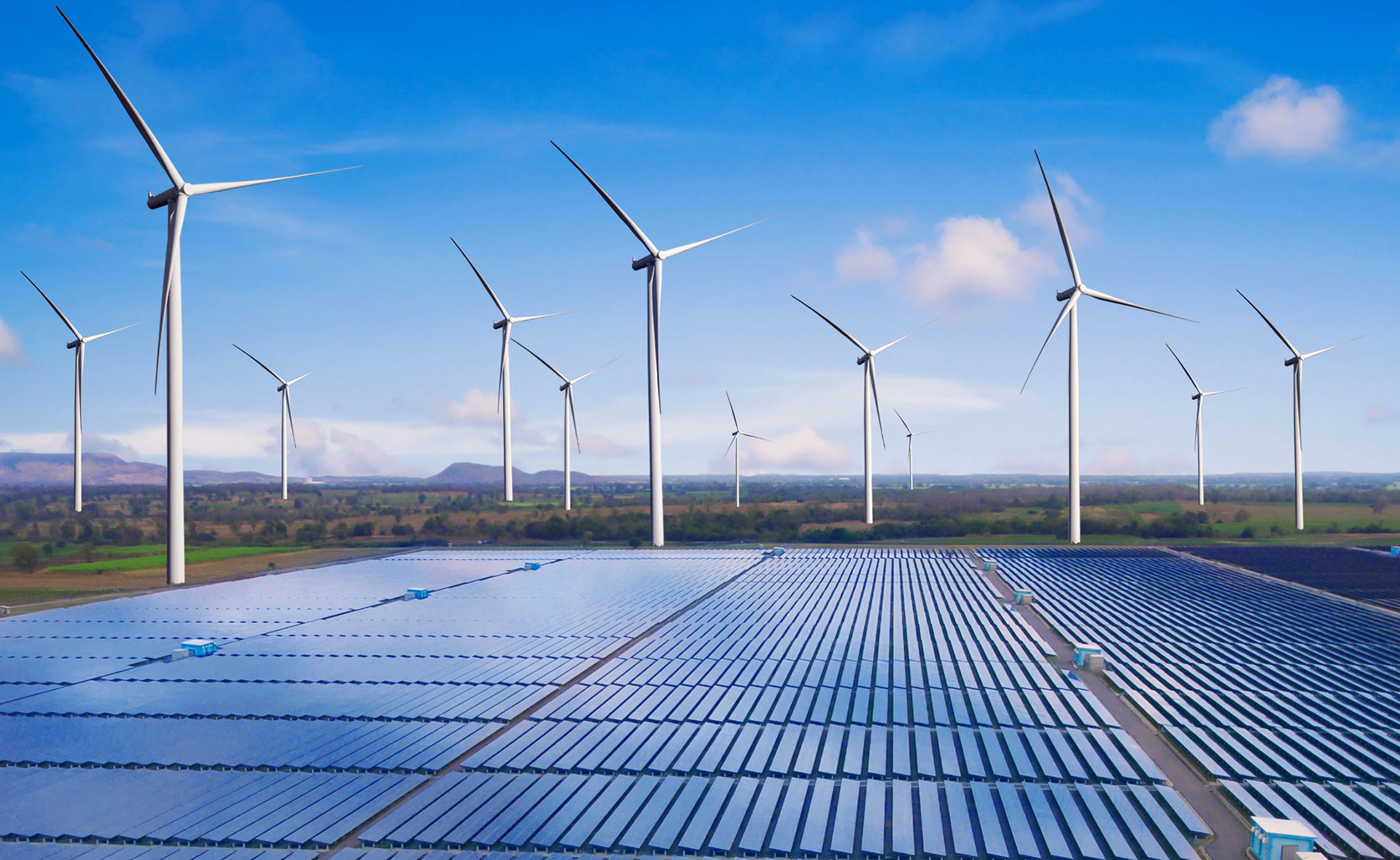
How to take care of nature: save water and energy
By thinking on a global scale, but acting locally, we can contribute to making more efficient use of the water and energy we consume in our daily lives. In general, we must develop a «culture of savings», based on not wasting energy or natural resources through small actions that will lead to great benefits for nature:
Close taps when we do not use water.
Showering instead of bathing.
Reuse domestic water.
Make the most of the hours of sunlight.
Use light bulbs of low consumption.
Do not leave electrical appliances plugged in if they are not in use.
Bet on public transport, cycling and walking; as well as traveling by train instead of by plane whenever possible.
Promote the use of renewable energies against the unsustainable consumption of fossil fuels and nuclear energy.
Plant trees
🌳 Trees are life — for the planet and for us.
Trees play a vital role in maintaining the health of our environment. They produce oxygen, the very air we breathe, and absorb carbon dioxide, one of the main contributors to climate change. But their benefits go far beyond that.
🌱 Here’s why trees are essential:
They filter and absorb harmful gases like sulfur dioxide and nitrogen dioxide, improving air quality.
Their roots prevent soil erosion and help retain moisture, supporting agriculture and ecosystems.
Forests and green spaces regulate local temperatures, providing shade and cooling the air — especially important in urban areas.
Trees protect biodiversity, offering food and shelter to countless species of birds, insects, and wildlife.
They even support our mental and physical health, reducing stress, encouraging outdoor activity, and beautifying our surroundings.
🌍 Planting a tree is one of the simplest yet most powerful acts you can do for the Earth. Whether it’s in your backyard, a park, or a community reforestation project — every tree counts.
💚 Plant a tree, grow a future.
Because when you plant a tree, you’re not just adding greenery — you’re investing in a cleaner, cooler, and more livable planet for generations to come.
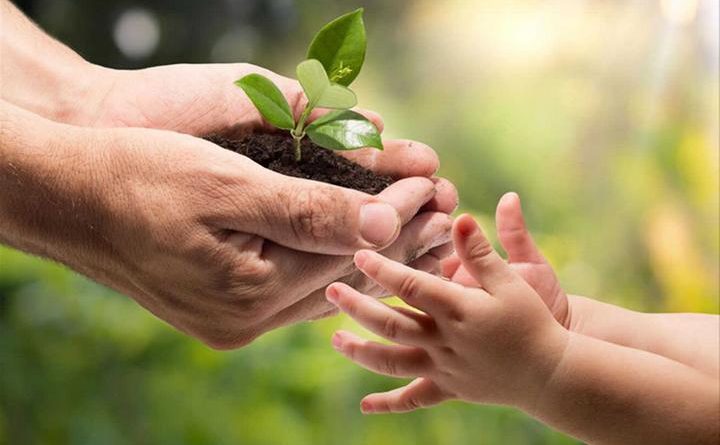
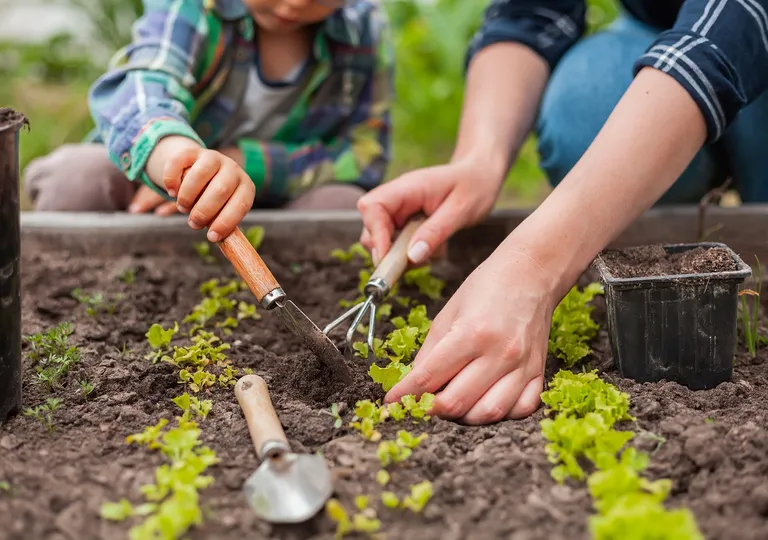
Grow your own food
🌱 Choose organic — grow health, protect the planet.
Organic products are grown without synthetic fertilizers, pesticides, or harmful chemicals. This means they generate significantly less environmental pollution, preserve soil health, protect pollinators like bees, and prevent toxic substances from entering water sources.
By consuming organic food, you’re not only taking care of your own health — you’re also supporting a more sustainable and responsible agricultural system that respects natural cycles and biodiversity.
👩🌾 Want to take it a step further? Start your own home garden!
Growing your own vegetables and herbs is easier than you think — and incredibly rewarding. With a small space, some compost, and a little care, you can enjoy fresh, seasonal, and nutrient-rich foods right from your backyard or balcony.
🌿 It’s healthier, more economical, and better for the planet.
💚 Eat clean. Grow local. Live green.
Save water
Water is an essential and scarce resource that we must use responsibly. Turn off the tap while you brush your teeth, bathe in 5 minutes, collect the water from the shower while you bathe, are small actions that help save it.
Check and repair leaks
Leaks in pipes and faucets may seem insignificant, but they represent a huge waste of water. According to studies, a leak that loses one drop per second can generate up to 20 liters of water per day. Therefore, it is important to regularly check pipes and faucets and repair any leaks immediately.
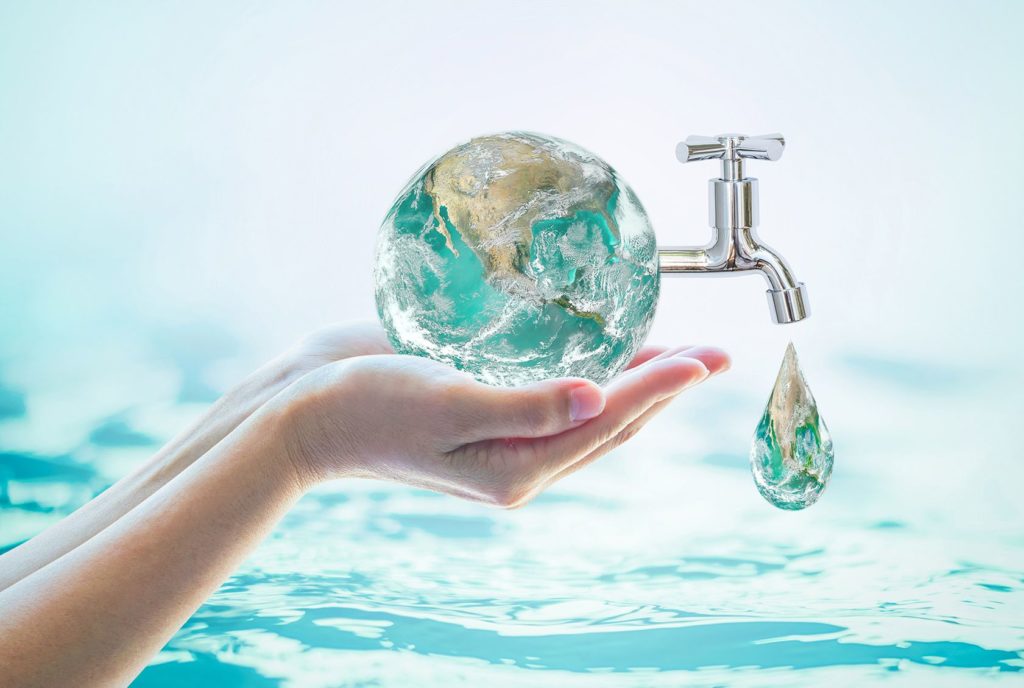
Use water in moderation
Excessive use of water in daily activities such as washing dishes, washing clothes, bathing or watering plants can cause a lot of water waste. It is important to use only the amount of water necessary to perform these tasks, and not leave the tap open unnecessarily. Additionally, we can use water-saving devices in our homes, such as low-flow shower heads, dual-flush toilets, and efficient appliances.
Recycle and reuse water
Recycling and reusing water are effective ways to reduce consumption and waste. At home, we can use rainwater to water plants or the garden, or collect water from the shower while we wait for it to come out hot to use for cleaning. We can also recycle water from the washing machine to use it to clean the floors or flush the toilet.
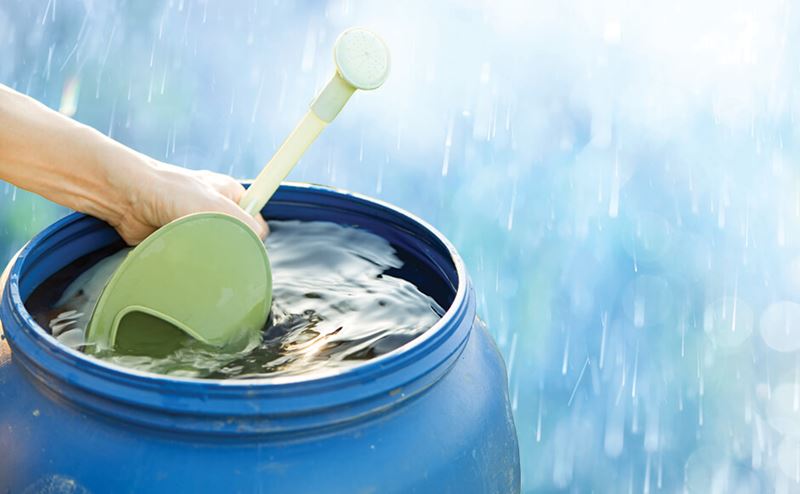
Use biodegradable detergents
Conventional detergents and cleaning products may contain chemicals that are harmful to water quality and human health. Therefore, it is important to use biodegradable detergents and cleaning products that are environmentally friendly and do not contaminate water.
Do not pour chemicals into the water
Chemicals such as paints, solvents and pesticides can be highly toxic and harmful to water quality. Therefore, it is important not to pour these products down the drain or any water source, and to ensure they are disposed of correctly.
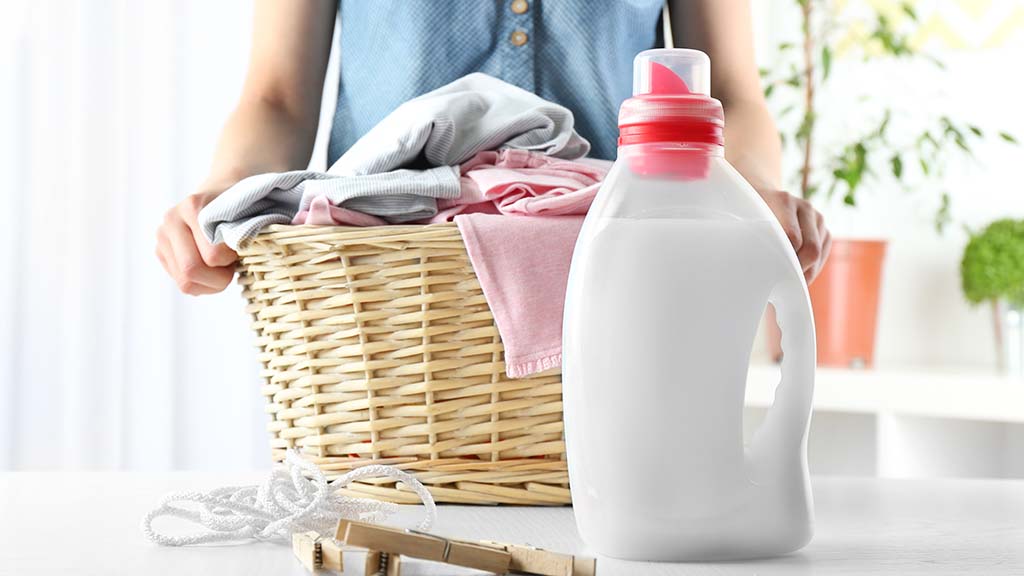
Take care of septic systems
In rural areas or areas far from public sewage systems, septic systems are used to treat wastewater. It is important to ensure that septic systems are well maintained and functioning properly, as if they are not, they can contaminate ground and surface water sources.
Reduce water use
Reducing water use is the most effective way to save water. Participating in cleanup campaigns can help reduce the amount of trash and contaminants in the water. Furthermore, by participating in these campaigns, you can raise awareness among others about the importance of caring for water.
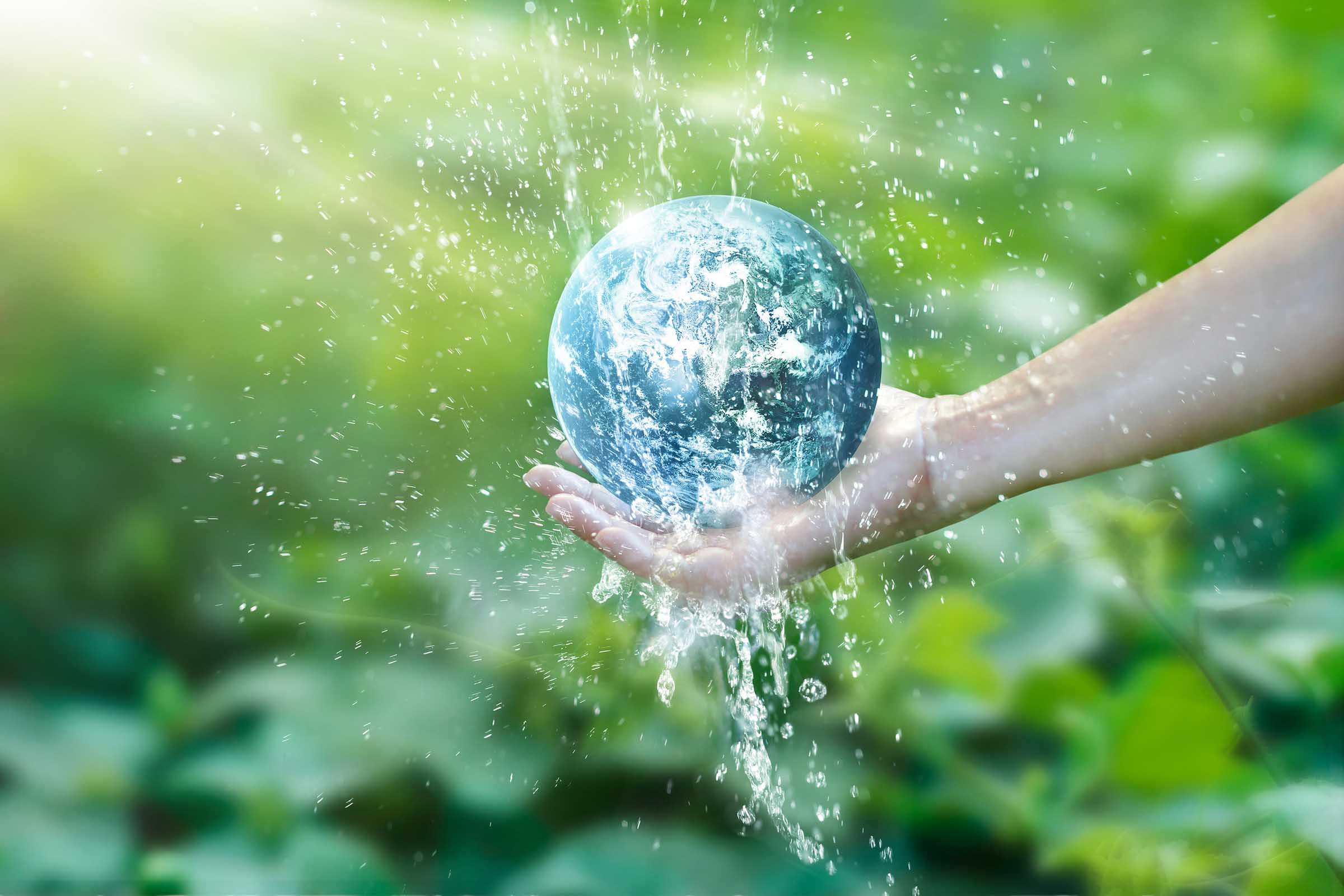
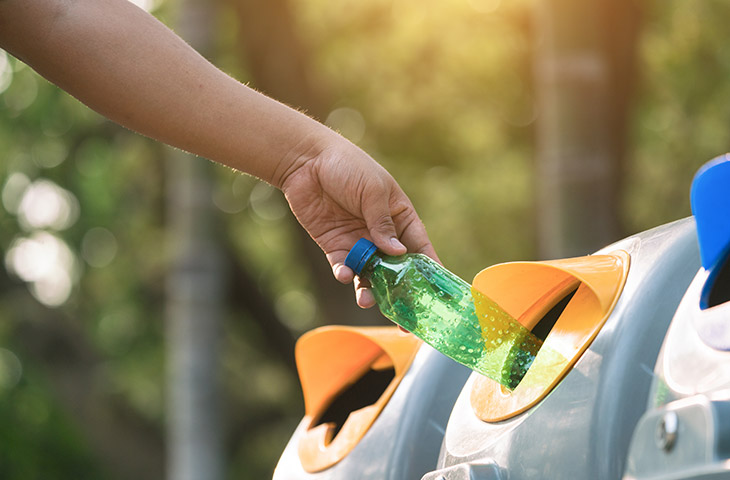
Separate the garbage
🗑️ Separate your waste — protect your health and the planet.
Proper waste separation is more than just a good habit — it’s a powerful action that helps reduce pollution, protect ecosystems, and promote healthier communities.
It’s important to use different containers for each type of waste:
Organic waste (food scraps, garden waste) can be composted and returned to the earth.
Glass and plastic can be recycled and reused in new products.
Cardboard and paper are valuable materials when kept clean and dry.
Toxic waste (batteries, electronics, chemicals) must be handled separately to avoid contaminating soil and water.
🌍 When we sort waste correctly, we reduce what ends up in landfills, conserve resources, and prevent harmful substances from entering our environment.
💚 For your health and the health of the planet — take a moment to separate.
Small daily actions like this create a cleaner world for ourselves and for future generations.
Reuse everything you can
♻️ Give your items a second life — it’s good for your wallet and even better for the planet.
Before tossing something away, stop and ask yourself: Can this be reused, repaired, repurposed, or donated? Extending the life of your belongings not only saves you money by avoiding unnecessary purchases, but also helps reduce waste, pollution, and resource extraction.
Whether it’s a shirt you no longer wear, toys your kids have outgrown, or a kitchen tool that could use a little fixing — many items can have a new purpose or bring joy to someone else with just a little creativity or care.
🌱 Upcycling and reusing also inspire innovation. Turn old jeans into a stylish bag, repurpose glass jars for storage, or donate functional goods to community centers or charities.
🛠️ Reduce, reuse, rethink.
Every item we give a second chance to means less clutter, less landfill, and a more conscious way of living.
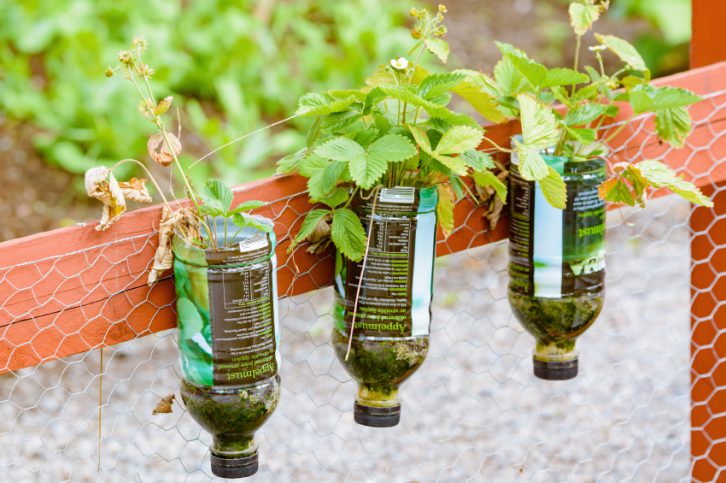

Connect with nature
🌿 Nature protects, heals, nourishes — and sustains life itself.
It provides the air we breathe, the water we drink, the food we eat, and the resources we depend on every day. Nature is not just a backdrop — it’s our greatest ally, offering balance, beauty, and well-being in countless ways, often without us even noticing.
From the shade of a tree on a hot day to the medicine hidden in plants, from fertile soil to breathtaking landscapes that soothe the soul — everything we need to live and thrive comes from the Earth.
🌍 That’s why caring for nature is not just a responsibility — it’s a shared act of gratitude.
Protecting ecosystems, reducing pollution, conserving resources, and respecting wildlife are actions we all can take, every day. No matter how small, each gesture counts.
👐 Let’s value, respect, and protect the natural world — because when we care for nature, we care for ourselves and for future generations.
Disconnect your cell phone charger when you are not using it
🔌 Unplug your cell phone charger when it’s not in use — it’s a small habit with a big impact.
Leaving your charger plugged in, even when it’s not connected to your phone, still consumes energy — what’s known as “phantom” or standby energy. It may seem like a tiny amount, but multiplied across millions of households, it adds up to tons of wasted electricity every year.
By simply unplugging your charger when you’re not using it, you’re not only saving energy and lowering your electric bill, but also reducing your environmental footprint. And there’s another bonus: it helps extend the life of both the charger and your phone battery, preventing overheating and wear from unnecessary current flow.
🌱 A simple action. A smarter habit. A better planet.


Less car, less pollution
🚶♂️🚲 Use your car less — and give the planet a breather.
This may sound like common advice, but it’s absolutely essential. Reducing CO₂ emissions is one of the most effective ways to protect the environment, the atmosphere, and our health, while actively fighting climate change.
Whenever possible, choose alternative modes of transportation — walk, bike, carpool, or use public transit. These simple choices not only lower pollution levels, but also contribute to cleaner air, quieter cities, and a healthier lifestyle for everyone.
🌍 Less traffic, fewer emissions, better future.
Every trip you avoid by car brings us closer to a more sustainable world, where nature thrives and communities breathe easier.
Eat seasonal foods
🥦 Choose seasonal food — it’s healthier for you and for the planet.
Out-of-season foods may look appealing on the shelf, but they often come at a high environmental cost. To grow and transport them, producers rely on energy-intensive methods, including heated greenhouses, excessive irrigation, and long-distance shipping that burns large amounts of fuel. This not only makes them more expensive to produce and purchase, but also contributes to higher carbon emissions and environmental degradation.
🌍 By choosing seasonal products, you’re making a powerful difference.
Seasonal foods are grown in harmony with the natural cycle, which means they require fewer resources, less transportation, and little to no artificial intervention. They’re also fresher, tastier, more nutritious, and often more affordable. Buying local and seasonal supports nearby farmers, strengthens your community, and reduces your environmental footprint.
🌱 It’s a simple shift with a big impact: eat with the seasons, live sustainably.
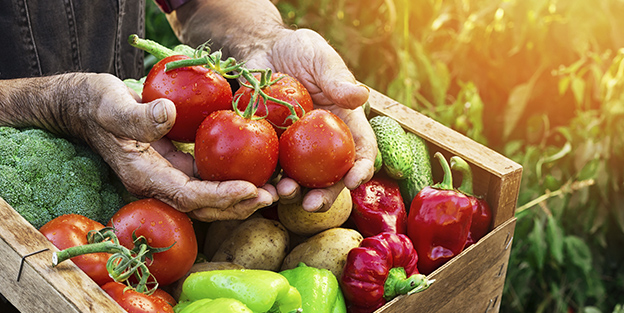

Take advantage of natural light
💡 Make the most of natural light during the day — and save energy.
Whenever possible, keep the lights off during daylight hours. Open your curtains and blinds to let natural sunlight brighten your space. Not only does this reduce your energy consumption, but it also creates a warmer, healthier environment.
🌙 And at night, choose energy-efficient lighting.
Use LED or low-energy bulbs — they last much longer and use up to 80% less electricity than traditional ones. This simple switch, combined with other mindful habits, makes a real difference for the planet.
🌱 Remember: every watt you save is a breath of relief for nature.
The 3R rule to take care of nature: Reduce, Reuse and Recycle
The famous initiative of the 3R rule of ecology was proposed by the environmental NGO Greenpeace, it has gone around the world and more and more people are trying to comply with them to take care of nature from home.
Reduce: we must reduce our general consumption of resources, betting on more sustainable and responsible consumption, favoring the purchase of ecological and non-mileage products, as well as reducing the consumption of meat in our diet and the purchase of plastic packaging (for example, bringing our own bags and containers when going to the supermarket), and encourage sustainable fashion, buying new items only when we really need them. We must also reduce the emission of different types of pollutants into nature, avoiding the consumption of aerosols and fertilizers, among other harmful chemicals.
Reuse: try to give a second life to everything we buy and that, after some repair or changing its original use, we can continue using it and thus avoid the purchase of new products. To do this we will also have to fight against the planned obsolescence of many electronic products.
Recycle: we must develop daily habits for recycling all types of materials: used oils, batteries, light bulbs, ink cartridges, pharmaceutical materials and electrical appliances, in addition to placing waste paper, cardboard, packaging and glass in the appropriate container. We must also opt for composting to avoid the emission of harmful gases derived from incineration when treating non-biodegradable waste in landfills.
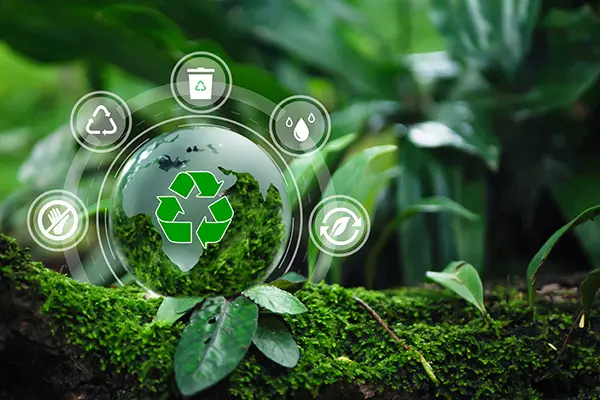
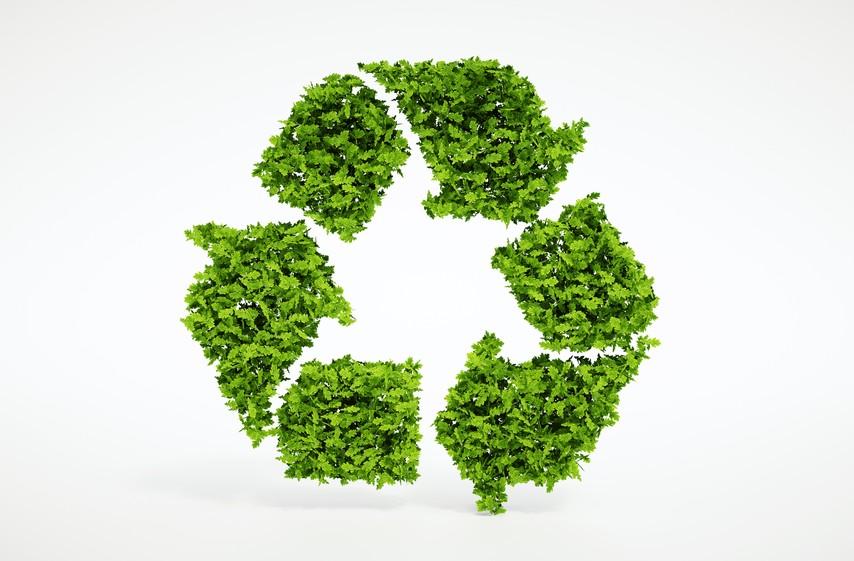
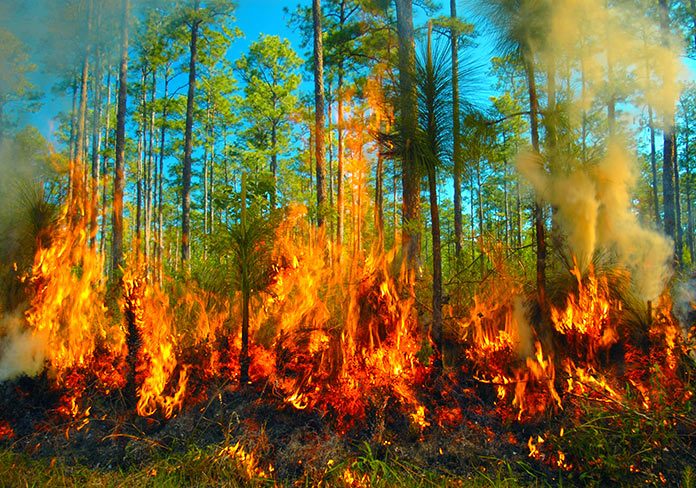
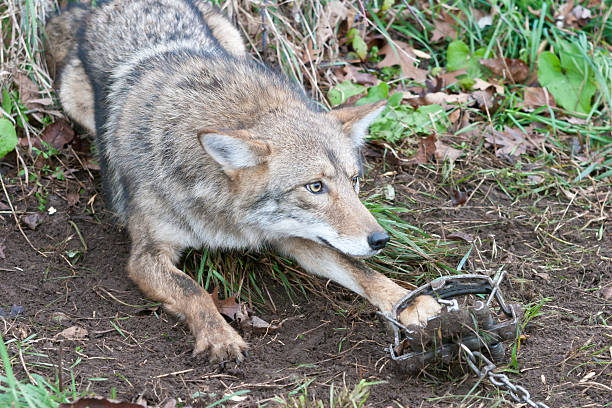
How to take care of nature: respect and conserve species and ecosystems
Environmental education brings us closer to essential values to love and respect nature through knowledge, appreciation of its wealth and conservation of each and every species of living beings that constitute it. We can always take advantage of our free time and vacations to do activities in nature, bet on sustainable tourism and visit natural parks, biosphere reserves and protected spaces, as well as nature reserves and botanical gardens to discover the amazing biodiversity of the different corners. of the planet.
Wherever we go we must keep in mind different actions to conserve and respect ecosystems, animals and plants, such as:
Do not cause fires or throw cigarette butts.
Do not uproot plants or alter natural ecosystems.
Do not mistreat animals or participate in activities related to animal suffering.
Participate in environmental activities such as collective reforestation, garbage removal on beaches and trails, etc.
3 things you can do to help your local pollinators
1. Plant native wildflowers:
Just like us, bees need a balanced diet to stay healthy. One of the best things you can do to help the bees in your neighborhood is to plant wildflowers that are native to your region. Native wildflowers are especially suited to feeding the pollinators that have evolved alongside them. Desert bees do best on desert wildflowers. Mountain bees prefer flowers that bloom at the right times. Even in cities, bees do better with the original flowers that would have grown there before development. It is also very important to plant a variety of plants that bloom at different times during the season. This will allow the bees to always have a food source for the entire time they are active. There are many sources online for sustainably harvested native seeds. Fun fact: Bees prefer flowers that are colors other than red (most bees can’t see red), so blue, yellow, white, or purple are usually their favorites.
2. Offer them nesting habitat:
Of the world’s approximately 20,000 species, most bees are solitary. This means that instead of living in a large hive like honey bees do, most nesting bees are hardworking single mothers who provide nectar and pollen for a few eggs at a time. After having provided food for each egg (in the form of a small round or square bar that the bee itself shapes with the pollen it collects), the mother seals the nesting chamber. Once it completes its job it will no longer remain in the nest.
The vast majority of these solitary bees are ground nesters, meaning they need a safe place to lay their eggs. By allowing a corner of your yard or local park to remain a little cluttered with leaves, taller grass, or compacted soil, this will provide them with a place to build their nests.
It’s also worth noting that most bees in the world are too small to sting, and unlike honey bees who have a colony to defend, stinging is very dangerous for a solitary bee. If a mother bee stings and is crushed and killed after doing so, her babies will die without her. And you may be surprised to learn that no male bee has a stinger.
3. Create a pesticide-free environment:
Pesticides, herbicides and fungicides are all bad news for bees. Pesticides come in many forms and some, like neonicotinoids, are systemic, meaning they make all parts of the plant (including nectar and pollen) toxic to bees. To avoid harming bees in this way, avoid spraying pesticides; or if you need to control more species of pest insects, use organic or biological control agents. The more habitat you provide for insects in your garden, the more you will welcome other beneficial insects and other invertebrates that will control pests for you. You should also always make sure that the plants or seeds you buy have been grown organically and without neonicotinoids. Remember, these pesticides never leave the plant and can make the soil in which other plants grow toxic in the future as well.

